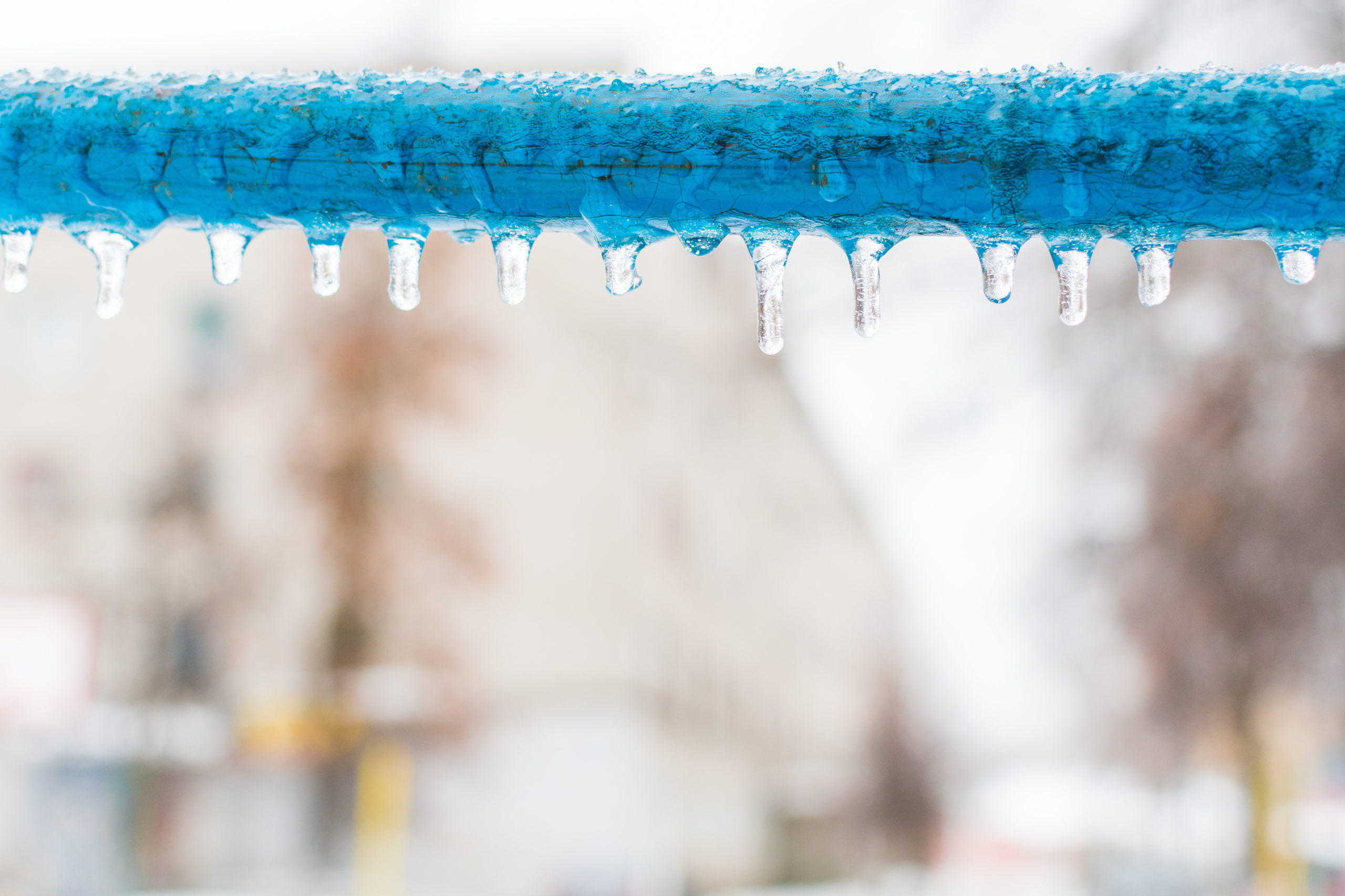
Damage from leaking or burst water pipes after a freeze-up can cost you hundreds to thousands of dollars in repairs. The best way to save both time and money is to prepare the water lines in your mobile or manufactured home for harsh weather conditions before they arrive.
Plumbing is set up differently in a manufactured home, making the pipes more prone to freezing due to the smaller and thinner materials they’re manufactured with. While newer mobile homes are equipped with plastic water lines, such as PEX or CPVC, older homes may still have copper or galvanized pipes. Both types of water lines can freeze and rupture in cold weather.
If after a cold snap, you find yourself without water when you turn on the tap, you’ll know you’ve most likely had a water line freeze. You can attempt to unthaw your frozen water pipes yourself or call an expert. In either case, if the water lines are left unprotected in your prefab home, you may be dealing with plumber fees, water damage, and repair costs, along with the winter cold to boot. Take the time to run through a few preventative measures in late fall, so you can enjoy a warm and dry home throughout the colder months.
Locate Water Shutoff Valve
Many families run a fire drill each year, but your chances of having a burst pipe are way higher than having a home fire. Make sure every member of your household knows where the water shutoff valve is located and how to turn the water off. Locating the shutoff valve will ensure you’re prepared in the worst case scenario if a pipe does blow, potentially saving you thousands of dollars in water damage costs.
Your main water shutoff valve will most likely be located near the floor by the water heater or underneath your mobile home. Check the valve to be sure it’s working properly and not leaking. You will also want to be sure you can quickly remove the panel covering the water heater for easy access to the shutoff valve.
Install Heat Tape & Insulation
Heat tape or heat cable is an essential element of protecting your manufactured home’s water lines. The tape plugs into an electrical outlet and wraps around your water line, stretching from the water supply line underneath your home up to where it connects to the water heater. The thermostat attached to your water line automatically triggers the heat tape to turn on when the temperature gets to 40 degrees Fahrenheit, warming up your pipes to keep them from freezing.
With proper installation, heat tape should last 3-5 years. But, you’ll want to test your heat tape at the beginning of each winter to make sure it’s in working order. Press a bag of ice to the thermostat to activate the heat tape. If the water line starts to feel warm, it’s working. For added protection, you can also add insulation on top of the heat tape on your water lines. Foam pipe insulation sleeves work well on exposed pipes outside or underneath your mobile home.
Install a Freeze Alarm
For added peace of mind, installing a freeze alarm will make sure you’re alerted as soon as the temperature drops to a dangerous level for your water line. A probe attaches to your main waterline, and the control panel inside your home beeps if the temperature drops below 37 degrees Fahrenheit, at which point your pipes are in danger of freezing. If the temperature does drop below a safe level, you can turn on your water full blast for a minute and then let it run at a fast dribble to prevent any freezing from occurring. An additional option is to install an electric water leak alert near your water heater to notify you if an unnoticed leak is present.
Inspect Skirting
Another way to protect your water lines from the winter weather is to make sure your skirting is in good condition. Inspect your mobile home skirting for any gaps or cracks that may allow cold air to access your water line. If you find any damage, use clear, weather-resistant tape to seal the gaps. You’ll also want to make sure the skirting vents are closed in cold weather.
By taking a few precautionary steps to ensure your water lines are protected and damage-free before winter arrives, you’ll have lowered your chances of dealing with a burst pipe from a frozen water line. Remember that in the event of a cold snap in the weather forecast, you should keep a small stream of hot water running in your mobile home to help prevent frozen water lines. If damage does occur, you can head over to General Supply Inc. for all the plumbing materials you may need.
